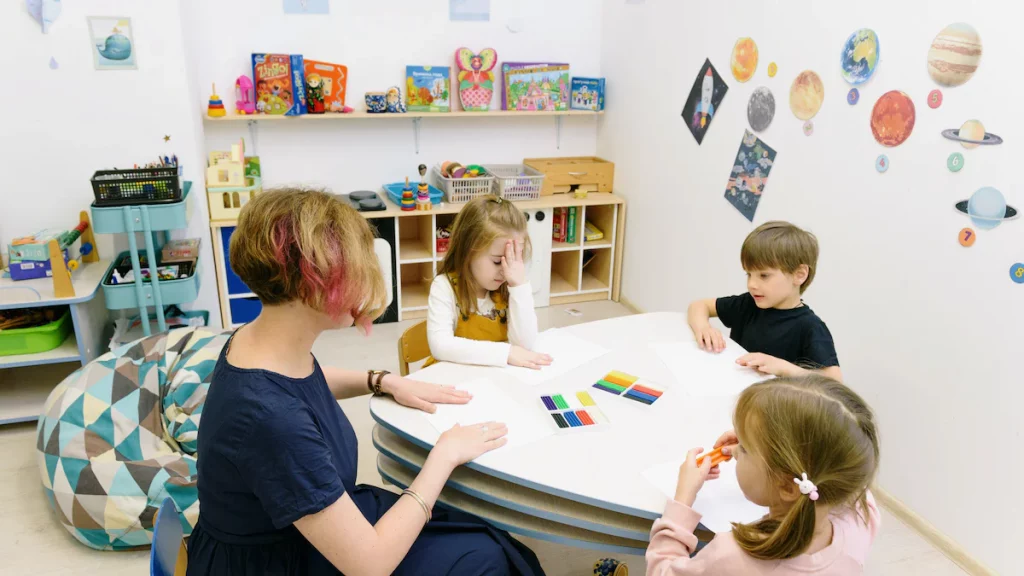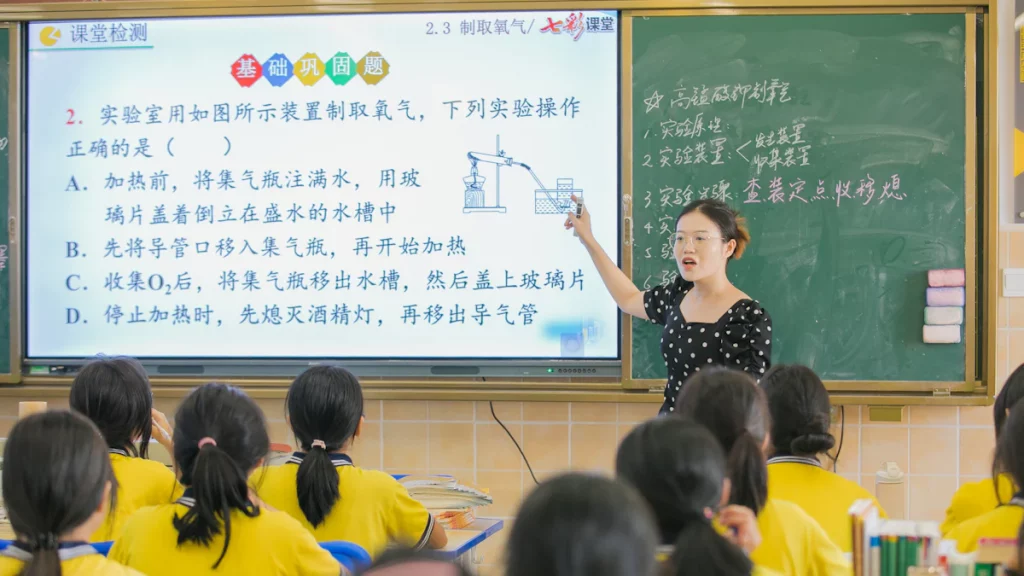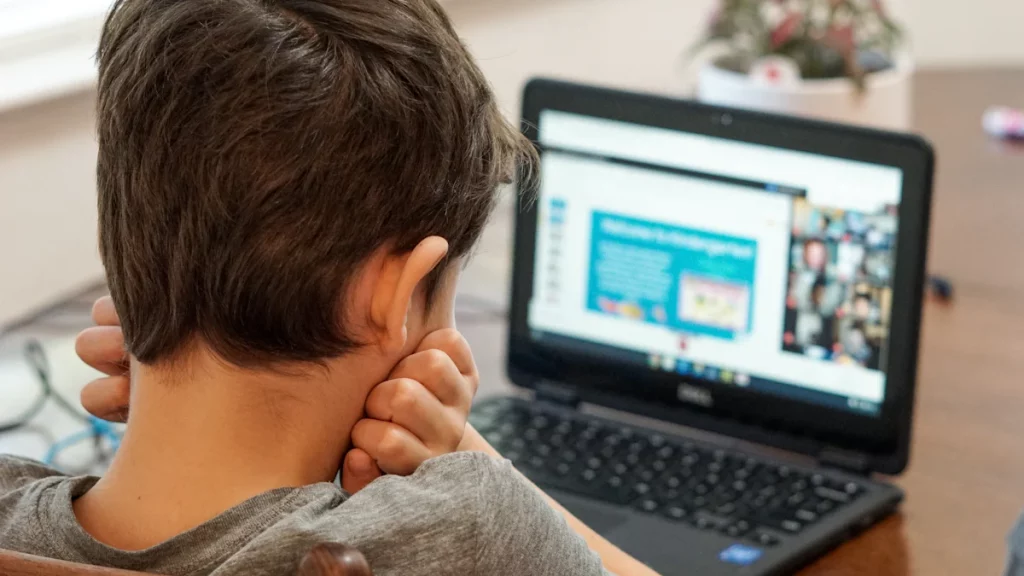
Empowering Preschoolers
Preschool education is a crucial phase in a child's development, providing the foundation for future learning. It is during these early years that children begin to explore their surroundings, develop social skills, and acquire essential knowledge. By embracing experiential theme-based education, we can unlock the full potential of preschoolers and create an engaging and meaningful learning experience.
Experiential theme-based education takes a holistic approach to early childhood education. It goes beyond traditional teaching methods by incorporating hands-on activities and real-world experiences into the curriculum. This approach recognizes that young children learn best through active exploration and interaction with their environment.
In a preschool setting, experiential theme-based education allows children to immerse themselves in various subjects and topics through engaging themes. Whether it's exploring nature, discovering different cultures, or diving into the world of animals, these themes provide a framework for learning that captures children's interests and sparks their curiosity.
By integrating themes into the curriculum, preschoolers are encouraged to make connections between different concepts and develop a deeper understanding of the world around them. They become active participants in their own learning journey, fostering critical thinking skills, problem-solving abilities, and creativity.
Unleashing the Potential
Experiential learning is a powerful approach that taps into the innate curiosity and natural inclination of young children to explore and discover. By engaging in hands-on activities and real-world experiences, preschoolers can unleash their full potential and develop a love for learning that lasts a lifetime.
The Power of Experiential Learning
Hands-on activities are at the core of experiential learning. Through these activities, children actively engage with materials, manipulate objects, and experiment with different concepts. Whether it's building structures with blocks, conducting science experiments, or creating artwork, hands-on learning allows preschoolers to make connections between what they learn in the classroom and the world around them.
Real-world experiences provide valuable opportunities for children to apply their knowledge in practical contexts. Field trips to museums, parks, or local businesses expose preschoolers to new environments and foster a deeper understanding of various subjects. These experiences encourage critical thinking skills as children observe, ask questions, and make connections between what they see and what they have learned.
Benefits of Theme-Based Education
Theme-based education enhances engagement by providing a cohesive framework for learning. When lessons are organized around a central theme or topic, children can see how different concepts relate to one another. This holistic approach helps them develop a deeper understanding of the subject matter.
By immersing themselves in themed activities, preschoolers become active participants in their own learning process. They are motivated to explore further, ask questions, and seek answers independently. This inquiry-driven approach fosters critical thinking skills as children learn to analyze information and solve problems.
Theme-based education also promotes creativity as children are encouraged to express themselves through various mediums such as art projects or dramatic play. It sparks their imagination and allows them to think outside the box while developing important social-emotional skills like collaboration and communication.
Unlocking the Benefits
Theme-based learning is a powerful approach that unlocks numerous benefits for preschoolers. By carefully selecting engaging themes and designing sensory-rich activities, educators can create an immersive and integrated learning experience that captivates young minds.
Selecting Engaging Themes
When choosing themes for preschool lessons, it's essential to consider the interests of the children. By incorporating topics that resonate with their curiosity and passions, educators can foster a sense of excitement and motivation in the classroom. Whether it's dinosaurs, space exploration, or community helpers, aligning themes with children's interests ensures their active participation and engagement in the learning process.
Additionally, themes should be relevant to the curriculum to ensure a well-rounded educational experience. By integrating thematic learning into various subjects such as language arts, math, science, and social studies, educators can create connections between different areas of knowledge. This integrated approach helps children see how concepts relate to one another and promotes a deeper understanding of the subject matter.
Designing Sensory-Rich Activities
Multisensory experiences play a crucial role in enhancing preschool learning. When children engage their senses during activities, they form stronger connections in their brains and develop a more comprehensive understanding of the world around them. Educators can design sensory-rich activities by incorporating elements like touch, sight, sound, smell, and taste.
Creating a stimulating learning environment is key to facilitating sensory-rich experiences. Classroom setups can include interactive centers where children can explore materials related to the theme. For example, setting up a nature corner with plants and magnifying glasses for a nature-themed unit allows children to observe textures, colors, and patterns while fostering an appreciation for the natural world.
Incorporating music and movement into themed activities also adds an auditory element that enhances engagement. Singing songs related to the theme or using musical instruments during hands-on explorations stimulates both cognitive development and creativity.
A Roadmap to Success
In today's digital age, integrating technology into preschool education can open up a world of possibilities for young learners. By incorporating interactive educational apps and digital resources, educators can provide a roadmap to success that enhances learning outcomes and prepares children for the future.
Integrating Technology
Interactive educational apps have revolutionized the way preschoolers engage with learning materials. These apps offer a wide range of activities, games, and exercises designed specifically for young children. With colorful visuals, engaging characters, and interactive features, these apps capture children's attention and make learning enjoyable.
By incorporating educational apps into the curriculum, educators can provide personalized learning experiences tailored to each child's needs. These apps often adapt to individual progress and provide feedback in real-time, allowing children to learn at their own pace. Whether it's practicing letter recognition or solving math problems, technology-enhanced learning provides immediate feedback and reinforcement.
Digital resources such as e-books, videos, and online simulations also enrich the learning experience. Preschoolers can explore virtual worlds, watch educational videos on various topics, or interact with online simulations that bring abstract concepts to life. These resources not only enhance understanding but also foster curiosity-driven learning by encouraging children to ask questions and seek answers independently.
Encouraging Inquiry
Curiosity-driven learning is at the heart of preschool education. Encouraging inquiry allows children to explore their interests further and develop problem-solving skills. By posing open-ended questions and providing opportunities for investigation, educators stimulate critical thinking abilities in young minds.
Problem-solving skills are essential for success in all areas of life. Preschoolers who are encouraged to think critically and solve problems from an early age develop resilience, creativity, and resourcefulness. Educators can foster problem-solving skills by presenting challenges related to the theme-based curriculum or by providing hands-on activities that require logical thinking and decision-making.
By integrating technology into inquiry-based learning experiences, preschoolers can explore a wide range of resources and tools to find answers to their questions. Whether it's conducting online research, using educational apps, or collaborating with peers through digital platforms, technology empowers children to take ownership of their learning journey.
Enhancing Learning with Prosage Educore Apps
Prosage Educore is an innovative educational technology platform that offers a wide range of interactive learning experiences for preschoolers. By incorporating these apps into the curriculum, educators can enhance the learning journey and provide personalized learning experiences tailored to each child's needs.
Interactive Learning Experiences
Engaging games are a key feature of Prosage Educore apps. These games are designed to be both fun and educational, capturing children's attention while reinforcing important concepts. Whether it's matching shapes, solving puzzles, or identifying colors, these interactive games make learning enjoyable and engaging.
Interactive quizzes are another valuable component of Prosage Educore apps. These quizzes allow children to test their knowledge and understanding in an interactive format. With immediate feedback provided after each question, children can learn from their mistakes and reinforce their understanding of various subjects.
By incorporating these interactive learning experiences into the curriculum, educators can create a dynamic and immersive learning environment that promotes active participation and deepens understanding.
Personalized Learning Journeys
One of the key advantages of Prosage Educore apps is their adaptive learning capabilities. These apps adapt to each child's individual progress and provide personalized content based on their strengths and areas for improvement. This adaptive approach ensures that children receive targeted instruction at their own pace, maximizing their learning potential.
Individual progress tracking is another valuable feature offered by Prosage Educore apps. Educators can monitor each child's progress through the app's tracking system, gaining insights into their strengths and areas for growth. This data allows educators to provide targeted support and tailor instruction to meet each child's unique needs.
By leveraging Prosage Educore apps' personalized learning journeys, educators can create a more effective and efficient educational experience for preschoolers, ensuring that they receive the support they need to thrive academically.
Fostering Joyful Learning Experiences
To create a positive and joyful learning environment for preschoolers, incorporating songs, games, and storytelling is essential. These elements not only make learning fun but also promote engagement, imagination, and creativity.
Songs, Games, and Storytelling
Music and movement play a significant role in preschool education. Incorporating songs into lessons helps children develop language skills, memory retention, and coordination. Singing together promotes social interaction and creates a sense of community in the classroom. Additionally, incorporating movement activities such as dancing or playing musical instruments enhances gross motor skills while keeping children actively engaged.
Games provide an interactive way for preschoolers to learn and reinforce concepts. Educational games can be designed to align with the theme-based curriculum, allowing children to apply their knowledge in a playful setting. Through games, children develop problem-solving abilities, critical thinking skills, and teamwork.
Storytelling sparks imagination and creativity in young minds. Reading aloud or telling stories related to the theme captures children's attention while introducing new vocabulary and concepts. Storytelling encourages active listening skills and allows children to explore different perspectives and emotions.
Creating a Positive Learning Environment
A positive learning environment is crucial for fostering joy in preschool education. Encouragement and praise are powerful tools that motivate children to continue their learning journey with enthusiasm. Recognizing their efforts builds confidence and instills a love for learning.
Collaborative activities promote social-emotional development while enhancing learning outcomes. Group projects or partner activities encourage cooperation, communication, and problem-solving skills. By working together towards a common goal, children learn from one another's strengths and develop important social skills.
Incorporating hands-on activities throughout the day allows preschoolers to engage all their senses while exploring different concepts. Play-based learning provides opportunities for open-ended exploration where children can experiment freely with materials. This approach fosters curiosity-driven learning while promoting creativity and critical thinking.
Transforming Preschool Education
Experiential theme-based education, combined with engaging and meaningful learning experiences, has the power to transform preschool education into a dynamic and enriching journey for young learners. By incorporating innovative tools like Prosage Educore apps, educators can further enhance the educational experience and prepare children for future success.
Preschool education plays a crucial role in laying the foundation for a child's academic and personal growth. It is during these formative years that children develop essential skills, attitudes, and knowledge that will shape their future learning. By embracing experiential theme-based education, educators can create an environment where children actively explore, inquire, and make connections between different concepts.
Engaging and meaningful learning experiences are at the core of this transformative approach. By selecting themes that capture children's interests and align with the curriculum, educators can create a cohesive framework that promotes deeper understanding and engagement. Designing sensory-rich activities allows children to fully immerse themselves in hands-on experiences that stimulate their senses and foster cognitive development.
Prosage Educore apps serve as valuable tools in this transformation process. These interactive educational apps provide personalized learning journeys tailored to each child's needs. With adaptive learning features and individual progress tracking, these apps ensure that every child receives targeted instruction at their own pace.
By combining experiential theme-based education with innovative technology like Prosage Educore apps, preschool education becomes a dynamic and comprehensive experience that prepares children for success in pre-K and beyond. It empowers them to become active participants in their own learning journey while fostering critical thinking skills, creativity, collaboration, and a love for lifelong learning.




